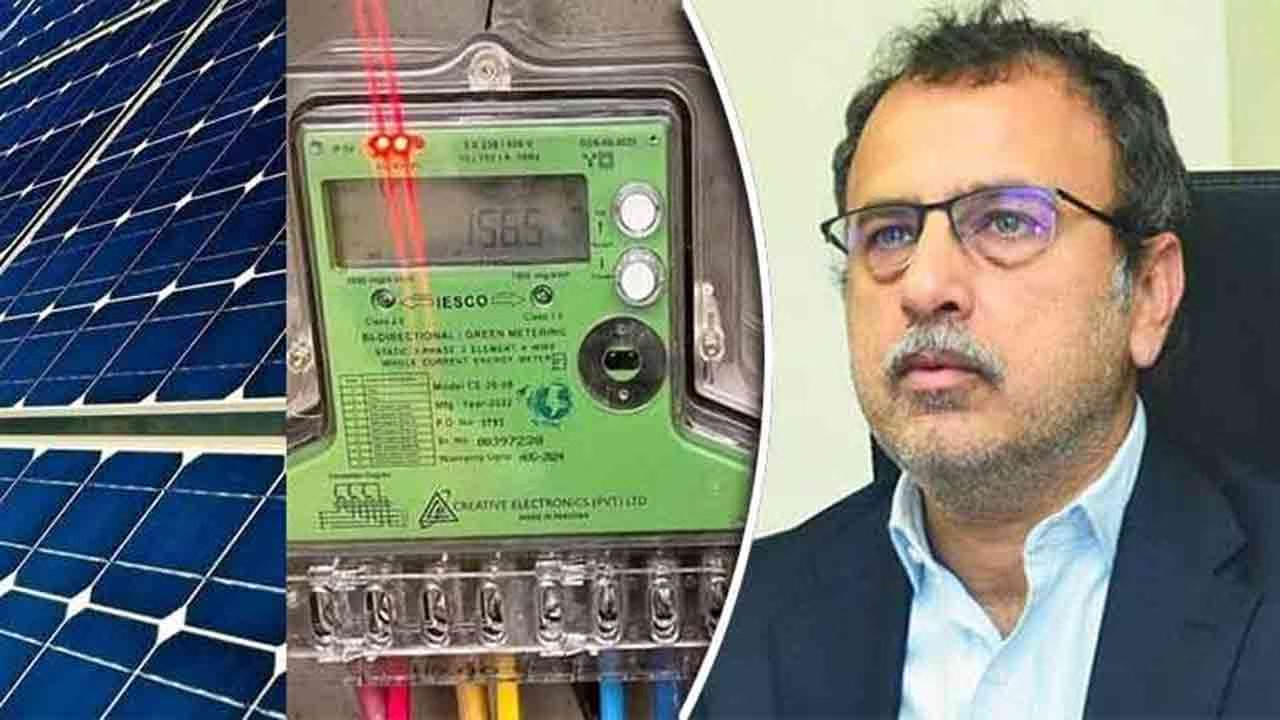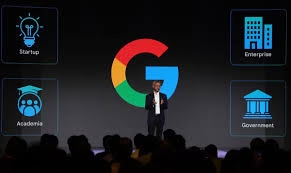In a significant move toward reshaping Pakistan’s energy landscape, Federal Minister for Power Division Owais Leghari addressed a high-level Solar Net Metering Consultative Meeting, reaffirming the government’s commitment to transparent policymaking and inclusive dialogue with all stakeholders.
Speaking at the meeting, the minister expressed gratitude to solar energy stakeholders, including the Solar Association, provincial representatives, regulatory bodies, and other concerned parties, for their active participation and valuable input on proposed changes to solar net metering regulations.
A Collaborative Approach to Solar Policy
Federal Minister Owais Leghari began his address by acknowledging the diverse range of suggestions and concerns raised by stakeholders regarding the evolving net metering framework. He emphasized that the Power Division aims to carefully evaluate all recommendations, ensuring that future policy revisions are mutually beneficial and based on fairness and sustainability.
We are committed to engaging with all parties in a consultative process, he said. I thank every organization and representative who has taken part in shaping the dialogue. This is not just a regulatory discussion—it’s about Pakistan’s energy future.
Leghari reassured industry participants that any potential regulatory amendments would not harm existing businesses, particularly those that have invested in solar installations under the current net metering scheme.
Balancing the National Grid and Green Energy Goals
Owais Leghari highlighted the critical need to strike a balance between private sector growth in renewable energy and the health of the national electricity grid. He noted that while solar energy adoption is crucial for sustainability and reducing the nation’s carbon footprint, it must also align with grid stability, economic viability, and energy equity.
Our goal is to make solar energy more accessible while ensuring the national grid remains stable and financially viable,said the minister. We cannot afford to undermine our long-term infrastructure goals for short-term gains.
Fair Compensation and Grid Integration Under Review
One of the most debated points in the solar net metering policy is the buyback rate at which the national grid compensates solar users for excess electricity. Leghari indicated that the review process will explore global best practices to determine an approach that supports both solar adopters and the broader energy system.
He further clarified that the government will not take any step that discourages solar adoption or threatens the economic interests of small and medium enterprises (SMEs) and residential users who have invested in solar systems.
A Win-Win Framework in the Making
The Power Division is working closely with NEPRA (National Electric Power Regulatory Authority), DISCOs, and provincial governments to formulate a net metering policy that encourages clean energy investment while maintaining grid sustainability and consumer affordability.
Leghari added that consultations are ongoing, and no final decision has been made yet. The ministry remains open to further feedback and is committed to crafting a policy that reflects the needs of a rapidly modernizing Pakistan.
Industry Response: Cautious Optimism
Representatives from the Solar Association of Pakistan and other industry voices expressed cautious optimism following the meeting. They welcomed the minister’s assurance that solar investments will be protected and that future regulatory shifts would be gradual and transparent.
We are hopeful that the government will prioritize both climate goals and consumer incentives,said a Solar Association spokesperson. With a collaborative approach, Pakistan can become a leader in affordable green energy.
What Lies Ahead
As Pakistan faces rising electricity demands, soaring energy costs, and international climate commitments, solar energy is no longer an option—it’s a necessity. The current dialogue around net metering reforms is a reflection of that urgency, with the government seeking a forward-looking, people-first policy.
Minister Leghari concluded by stating that the next round of policy drafts and consultations will be shared publicly, encouraging all citizens, businesses, and experts to participate in the process.
Together, we can build a cleaner, greener, and more energy-secure Pakistan, he said.
With the momentum gained from this consultative meeting, Pakistan is poised to move closer toward energy independence, environmental responsibility, and a resilient power grid that benefits all.



